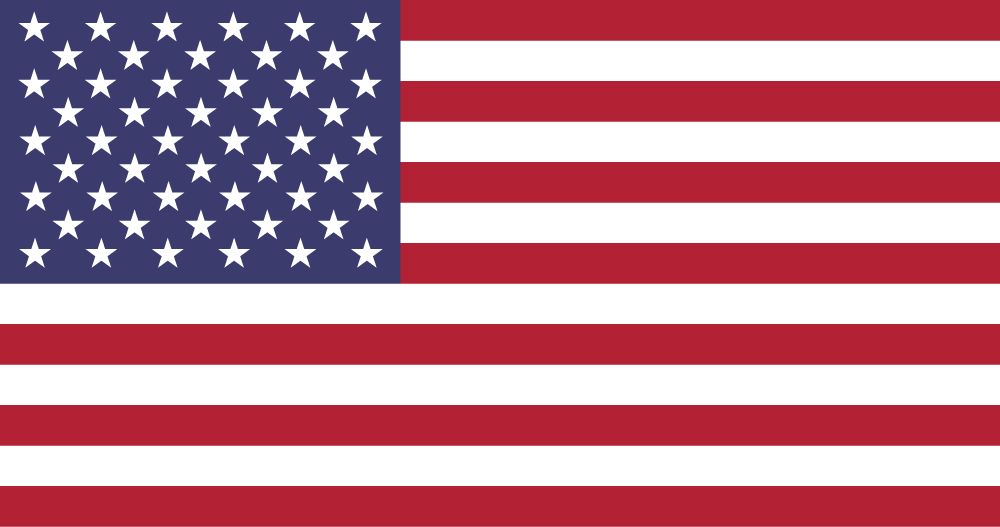
We discovered that microorganisms from the ocean use air and greenhouse gas to make a material every day called PHB: a meltable energy storage material that can be used to replace things like plastic and leather.
The problem was: the technology did not yet exist to make this process viable on land
We are using microorganisms found in the ocean to convert air and greenhouse gas (CO2e) into a natural biomaterial that we can melt and form into products: we call it AirCarbon
Nature’s technology, applied:
AirCarbon, a material made by life from the ocean, and now on land
By harnessing nature to make biomaterials from air and greenhouse gas, our
mission is to help end ocean plastics pollution and climate change in this generation.
Using AirCarbon, we are making reusable, plastic-free, regenerative foodware, starting with drinking straws and cutlery
Restore-brand foodware products never get soggy in hot or cold food or drinks, are dishwasher safe and reusable, and have a carbon-negative footprint.
We hope they never end up in the environment and are continuously reused, but if not, natural microorganisms can consume them like a leaf or twig, helping to prevent the long-term accumulation of synthetic plastics in the environment
Using AirCarbon, we are making Covalent-brand regenerative, carbon-negative fashion, starting with eyewear and leather replacements.
Covalent-brand fashion products are beautifully designed to protect the things we love, and reverse the flow of carbon dioxide equivalent greenhouse gas out of the air.
These products alone won’t solve climate change, but they empower people to turn fashion into a force for good, and demonstrate that greenhouse gas can be transformed into something beautiful.
Technology
In 2019, we brought online Eagle 3: the world’s first fully-integrated commercial-scale production system using air and greenhouse gas to make our biomaterial, AirCarbon
HQ : USA
